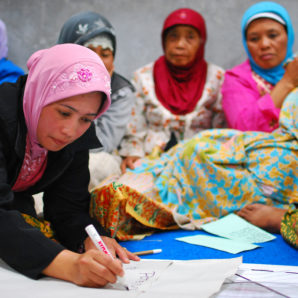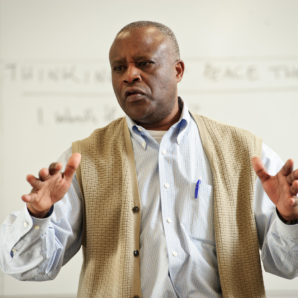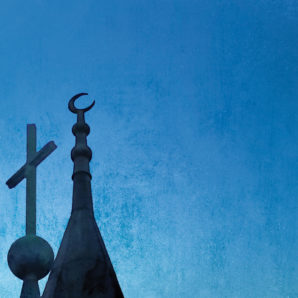
Empowering Democratic Policy-Making: The Indonesian Women’s Coalition
Series: Women in Indonesia
Aisha, the wife of the prophet, protected and physically made space for transgender persons to pray behind her. As such, LGBT groups are assured protection.
Read More →
Aisha, the wife of the prophet, protected and physically made space for transgender persons to pray behind her. As such, LGBT groups are assured protection.
Read More →



